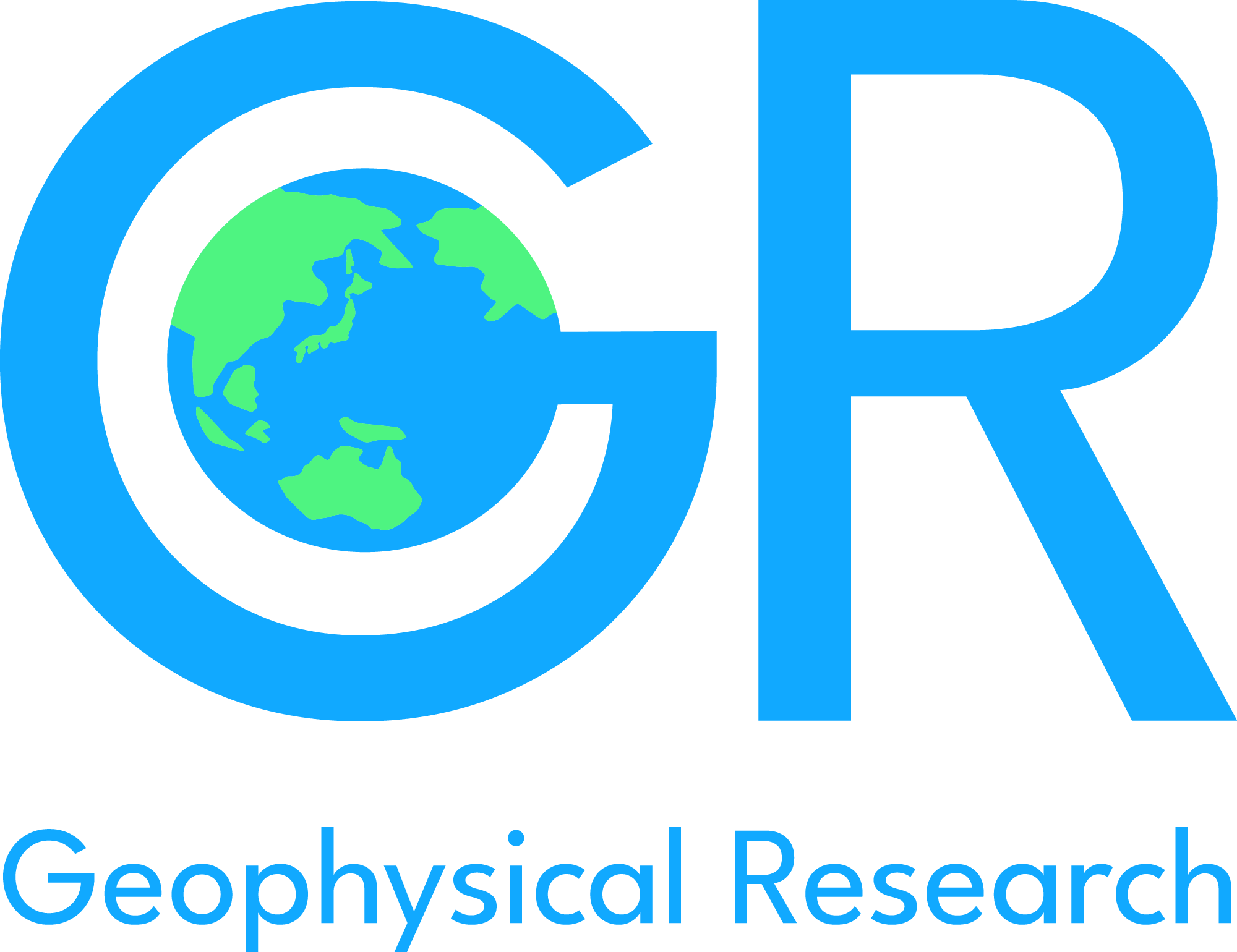A Finite Volume Method for Elastic Waves in Heterogeneous, Anisotropic and Fractured Media
Abstract
Numerical modeling of elastic wave propagation in the subsurface requires applicability to heterogeneous, anisotropic and discontinuous media, as well as support of free surface boundary conditions. Here we study the cell-centered finite volume method Multi-Point Stress Approximation with weak symmetry (MPSA-W) for solving the elastic wave equation. Finite volume methods are geometrically flexible, locally conserving and they are suitable for handling material discontinuities and anisotropies. For discretization in time we have utilized the Newmark method, thereby developing an MPSA-Newmark discretization for the elastic wave equation. An important aspect of this work is the integration of absorbing boundary conditions into the MPSA-Newmark method to limit possible boundary reflections.
We verify the MPSA-Newmark discretization numerically for model problems. Convergence analysis of MPSA-Newmark is performed using a known solution in a medium with homogeneous Dirichlet boundary conditions. The analysis demonstrates the expected convergence rates of second order for primary variables (displacements) and between first and second order for secondary variables (tractions). Further verification is conducted through convergence analysis with the inclusion of absorbing boundary conditions. The stability of the scheme is shown through numerical energy decay analyses for waves travelling with various incidence angles onto the absorbing boundaries. Lastly, we present simulation examples of wave propagation in fractured, heterogeneous and transversely isotropic media to demonstrate the versatility of the MPSA-Newmark discretization.
Keywords: Finite Volume Method, Elastic Wave Propagation, Absorbing Boundary Conditions, Anisotropic Media, Heterogeneous Media
How to Cite:
Jacobsen, I., Berre, I., Nordbotten, J. & Stefansson, I., (2025) “A Finite Volume Method for Elastic Waves in Heterogeneous, Anisotropic and Fractured Media”, ARC Geophysical Research (1), 11. doi: https://doi.org/10.5149/ARC-GR.1598
Downloads:
Download PDF
View PDF
Funding
- Name
- H2020 European Research Council
- Funding ID
- 101002507
498 Views
81 Downloads
